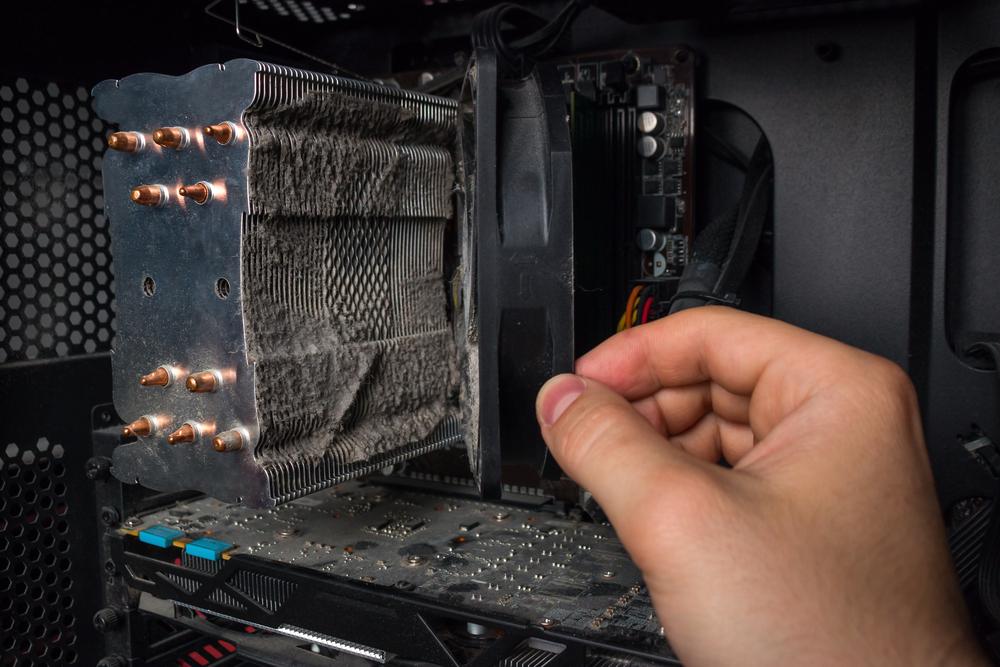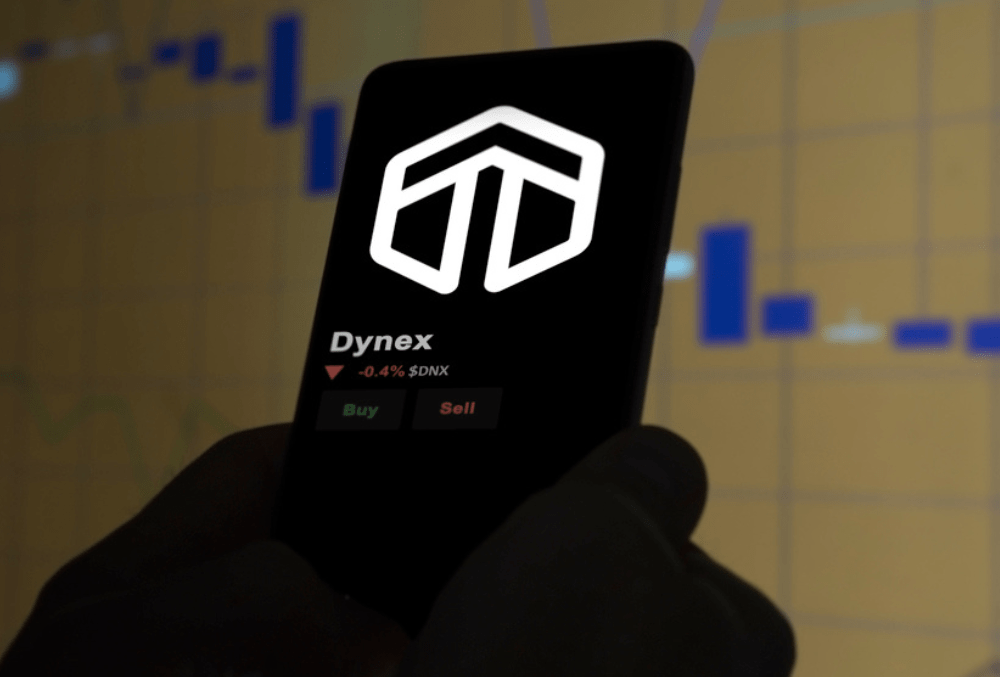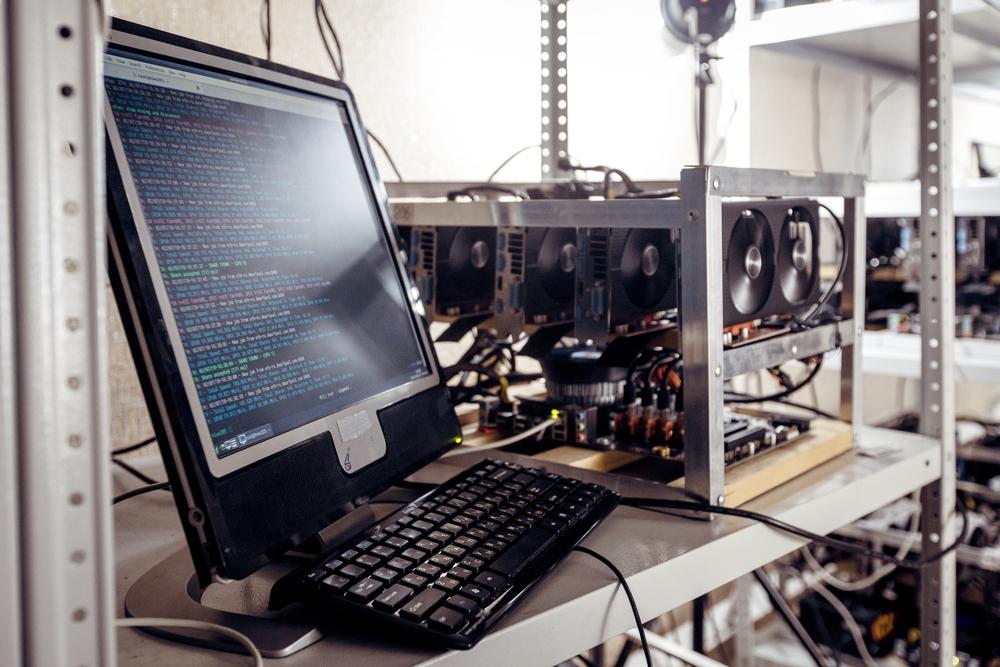Table of Contents
Cryptocurrency has captured the imagination of individuals worldwide, offering new avenues for financial transactions and investments. One key aspect of cryptocurrencies is crypto mining, which plays a vital role in their functionality. In this article, we will explore the purpose of crypto mining and how it can be a means of earning passive income. With the help of ResidentialMiner.com, a website dedicated to promoting residential crypto mining, we’ll delve into the educational aspects of this exciting field. So, what is the purpose of crypto mining, and how can it help you generate passive income? Let’s find out!
The Basics of Crypto Mining
What is Crypto Mining?
Crypto mining refers to the process of validating and adding new transactions to a blockchain, the underlying technology behind cryptocurrencies. This procedure involves utilizing powerful computers to solve complex mathematical problems, thereby confirming the legitimacy of transactions. Miners are rewarded with newly minted cryptocurrencies as an incentive for their computational efforts.
How Does Crypto Mining Work?
Cryptocurrencies, such as Bitcoin, operate on decentralized networks of computers called nodes. Miners play a critical role in maintaining these networks by validating and securing transactions. When a new transaction is initiated, it is broadcasted to the network. Miners then compete to solve mathematical puzzles, known as proof-of-work algorithms, to confirm the transaction’s validity.
Why Proof-of-Work?
Proof-of-work algorithms are employed in crypto mining to ensure the security and integrity of the blockchain. By requiring miners to solve complex mathematical problems, tampering with the blockchain’s history becomes computationally expensive and time-consuming. This robustness makes it highly resistant to fraud and hacking attempts.
The Purpose of Crypto Mining
Securing the Blockchain
One of the primary purposes of crypto mining is to secure the blockchain. Each validated transaction is added to a block, which is then linked to previous blocks, forming an immutable and transparent ledger. The mining process involves verifying and appending transactions to the blockchain in chronological order, making it extremely difficult for malicious actors to alter or manipulate the transaction history.
Confirming Transactions
Crypto mining serves a crucial purpose in confirming the validity of transactions. Miners ensure that the sender has sufficient funds, prevent double-spending, and verify the integrity of each transaction. Through the mining process, the network reaches a consensus on the state of the blockchain, allowing participants to have confidence in the transactions they conduct.
Issuing New Cryptocurrencies
Another purpose of mining is the creation of new cryptocurrencies. Through a process known as coin minting or coin generation, miners are rewarded with newly minted coins for their computational efforts. ResidentialMiner.com provides educational resources and guidance on how individuals can participate in this process and potentially earn passive income.
Maintaining Decentralization
Decentralization is a fundamental principle in the world of cryptocurrencies, promoting transparency and reducing reliance on central authorities. Crypto mining contributes to maintaining this decentralization by distributing power and control over the network among multiple participants. ResidentialMiner.com emphasizes the importance of individual participation in residential crypto mining, enabling a more inclusive and democratic approach to the mining process.
Governing Consensus Mechanism
Crypto mining also plays a crucial role in determining the consensus mechanism employed by a particular cryptocurrency. While Bitcoin and many other cryptocurrencies utilize proof-of-work, there are alternative consensus algorithms like proof-of-stake and delegated proof-of-stake. ResidentialMiner.com provides educational materials that explain these mechanisms, allowing individuals to make informed decisions about their participation.
Powering Smart Contracts and DApps
In addition to securing transactions, crypto mining enables the execution of smart contracts and decentralized applications (DApps). Smart contracts are self-executing agreements with predefined conditions and actions that are automatically enforced when conditions are met. Miners process the transactions associated with smart contracts, enabling the functionality of various DApps built on blockchain platforms. ResidentialMiner.com offers resources to educate users on the potential of smart contracts and DApps in generating passive income.
Frequently Asked Questions (FAQs)
To engage in crypto mining, you typically require specialized hardware, such as mining rigs. These rigs are designed to perform the necessary computational tasks efficiently. ResidentialMiner.com provides information on the best equipment and setups for residential mining.
The profitability of crypto mining depends on various factors, including the cryptocurrency being mined, electricity costs, and the efficiency of mining equipment. While mining can be profitable, it's important to consider the initial investment and ongoing expenses associated with electricity and maintenance. ResidentialMiner.com can help individuals assess the profitability and potential returns of residential crypto mining.
Yes, crypto mining can consume a substantial amount of energy. The mining process requires significant computational power, leading to high electricity consumption. ResidentialMiner.com offers guidance on energy-efficient mining practices and explores renewable energy alternatives to minimize the environmental impact.
In theory, anyone with the necessary equipment and technical knowledge can become a crypto miner. However, as the mining industry has become more competitive, the cost of entry has increased significantly. ResidentialMiner.com strives to provide accessible information and resources for individuals interested in starting their crypto mining journey.
The legality of crypto mining varies across jurisdictions. Some countries embrace cryptocurrencies and mining as innovative technologies, while others have imposed restrictions or bans. It's crucial to research and comply with the regulations in your region before engaging in crypto mining activities. ResidentialMiner.com emphasizes the importance of legal compliance and encourages responsible mining practices.
By participating in crypto mining, individuals can potentially earn passive income through the generation of new cryptocurrencies. ResidentialMiner.com educates users on different mining strategies, mining pools, and optimizing their setups to maximize earnings and generate passive income streams.
Conclusion
In conclusion, crypto mining serves various purposes within the realm of cryptocurrencies, including securing the blockchain, confirming transactions, issuing new cryptocurrencies, maintaining decentralization, governing consensus mechanisms, and powering smart contracts and DApps. With the educational resources provided by ResidentialMiner.com, individuals can explore the potential of crypto mining for earning passive income and actively participate in this exciting field. By understanding the purpose of crypto mining and leveraging the right tools and knowledge, individuals can potentially unlock new opportunities in the world of cryptocurrencies.




















